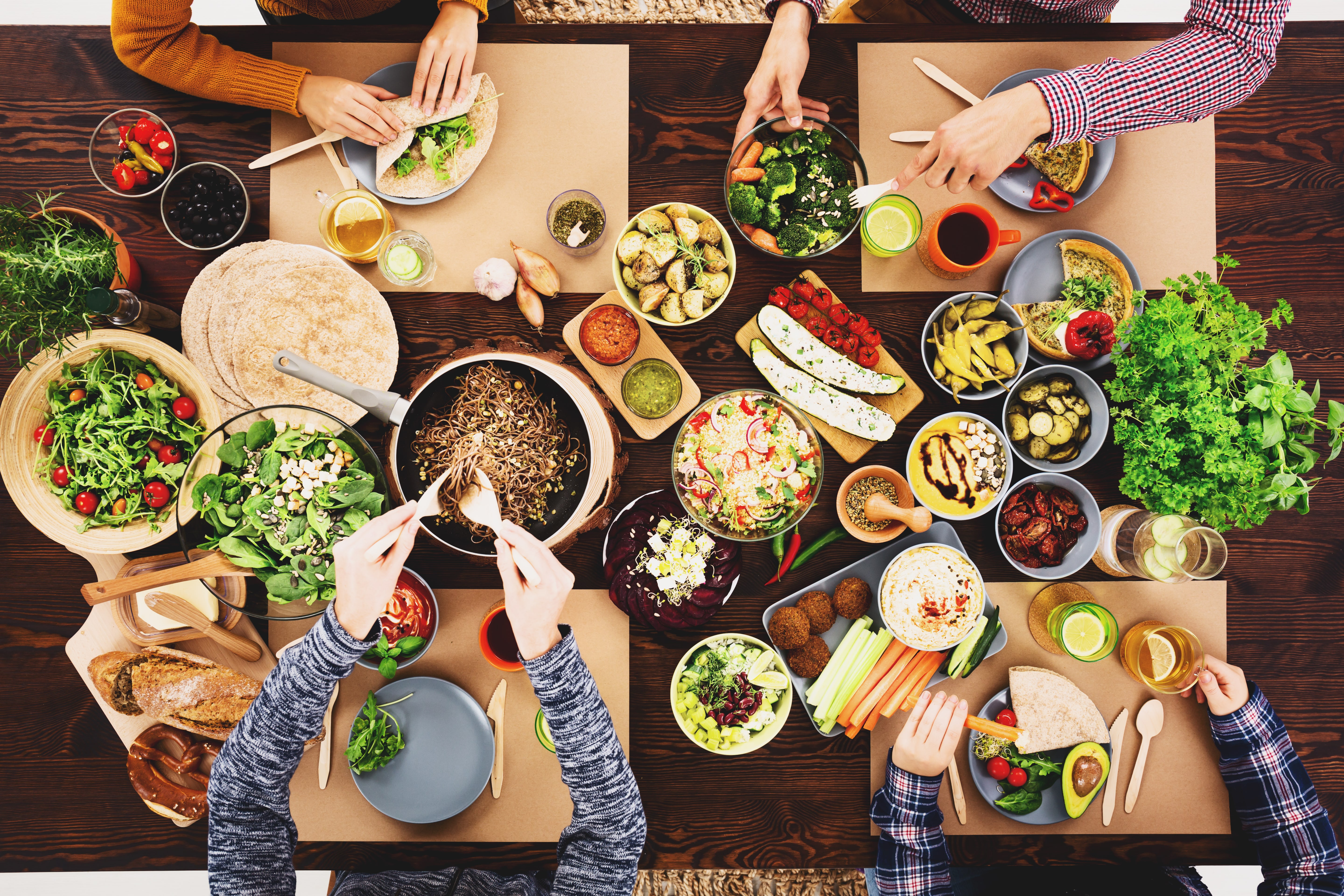
Plastic straws and packaging are hurting the planet, shopping local can reduce pollution, and new alternatives to meat alternatives are hitting the market at a steady pace. Sustainability matters for the health of the planet, but what does it mean to consumers?
Analysing billions of data points, including social media, menus, and recipes, AI-powered food intelligence startup Tastewise provides a real-time understanding of consumer motivations behind the most promising food trends.
Today it issues its latest report, F&B sustainability trends in 2020, predicting what we can expect to see this year where sustainability in the food and beverage sector is concerned.
Sustainable food choices up
Considering over two billion social interactions, more than three million online recipes, and the largest restaurant menu database available of 274,000 restaurants, the latest report from Tastewise forecasts industry changes in sustainability for the coming decade. The study finds that 23% more consumers prioritize sustainable food choices today than a year ago.
“Sustainability is an issue that’s increasingly important across food categories and markets, and we’re excited to offer data that impacts the future of our industry,” said Alon Chen, Tastewise co-founder and CEO. “We are helping our clients on a daily basis to find the right sustainable solutions that meet their consumer needs of today, as well as tomorrow. If a menu or a product doesn’t offer sustainable seafood, it’s time to catch up to consumers’ heightened culinary consciousness.”
A drive towards healthy lifestyle
Furthermore, the data-driven approach to the report examines why. As an example it found that consumers’ eco-motivations and health needs eclipse all other factors when it comes to sustainable food, propelling the growing popularity of dark chocolate and cocoa beans.
Among other standout findings from the report is the fact that while 39% of consumers’ sustainable conversations focus on health benefits, only 1% discuss animal rights. And among those embracing a meatless lifestyle, the vegan diet came top of other diet choices while the research also found that seafood is increasingly taking over sustainable recipes, with pollock being the top choice on seafood menus.
In the US, California – home to 12% of the American population – leads the way in sustainability with 22% of the nation’s restaurant serving sustainable dishes found there.
The full Tastewise 2020 Food and Beverage Sustainability report can be found here.
Tina Nielsen
